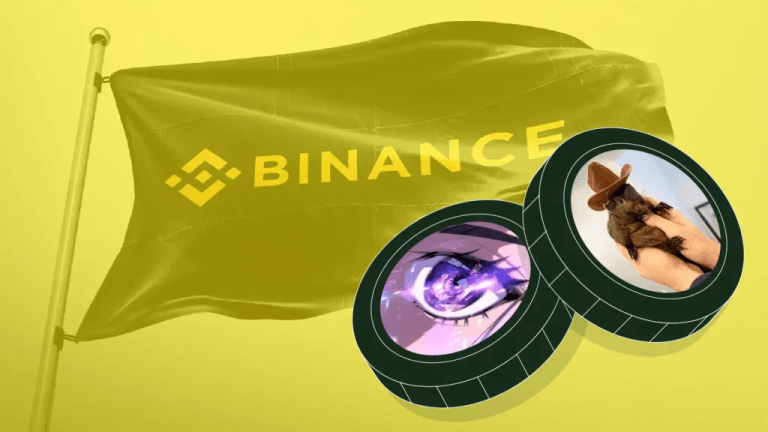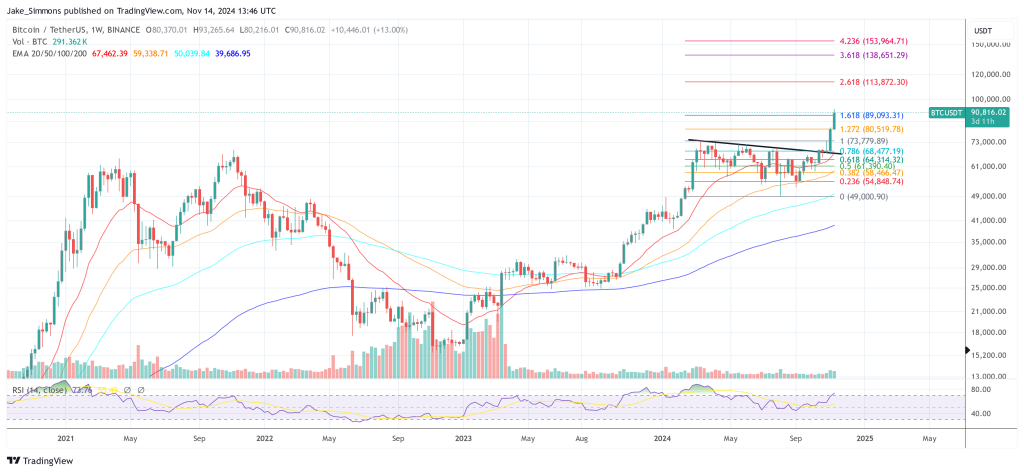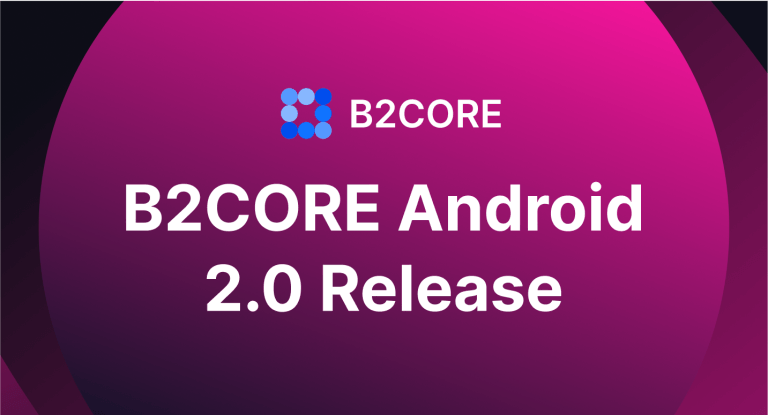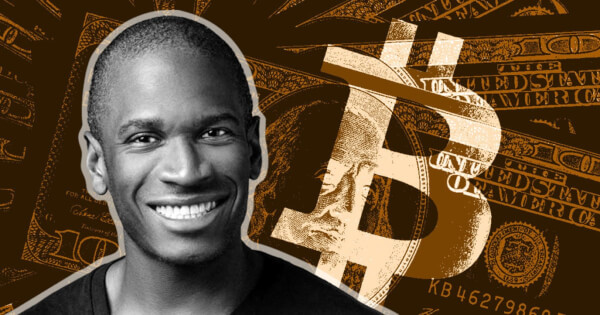I noticed that we have a lot of questions from newcomers about DYOR, investing and how to pick your coins lately. I have therefore decided to share some insights that worked for me personally during the last years.
One of the key lessons I learned along the way is: Investing isn't hard, but it's time consuming! One of the main takeaways is to follow your own pattern and to avoid short-term trading, especially in the beginning. In my case, I only do long-term investing as crypto is still very volatile for my cup of tea.
How does this work? Here is my investment strategy and cycle that I use:
STEP 1 - The Basics
If you are a newcomer you have to go through the basics. Many make the mistake and jump straight to investing without even understanding the ecosystem and basics of the blockchain technology. You can't do a good research and investment without knowing the main building blocks of cryptocurrencies.
Believe me, this will be a life saver at one stage, because as more you know about blockchain the easier you will identify projects that are a scam because there are a lot of so called shitcoins that appear valuable because of heavy marketing efforts on popular social networks such as YouTube, Reddit and Twitter.
What are the Basics? Here is a list of things that would be a good starting point:
- What is Blockchain?
- Understanding Tokenomics
- What is Total Supply and What is Circulating Supply
- What is Proof of Work (PoW) and what is Proof of Stake (PoS)
- What is DeFi (Decentralized finance) and how does it work?
- Exploring CEX and DEX - centralized and decentralized Exchanges where you can buy, sell or swap your tokens.
There is a lot of ground to cover, but believe me, it's interesting once you get into the entire Blockchain concept. You can find a lot of information using your browser and just search one by one.
STEP 2 - Do Your Own Research (DYOR)
This is your very first step in Crypto. The crucial part is, everything begins with DYOR but you never actually stop using this step in your crypto journey. I usually re-evaluate all my coins on a Quarterly basis.
In order to invest successfully, you will need to research coins and projects. I usually stick to the Top 100 list based on Marketcap and rarely ever go to lower marketcap coins.
The main task is to create a shortlist of projects/tokens that you find interesting and that have some long-term value. One of the main goals here is to create a shortlist of 10-25 projects that have potential and that could bring value. An important part of investing is to diversify your portfolio and this step will help you with this.
I would recommend to use Excel or Google sheets so you can keep track and mark your notes. You can find a lot of information online by using sites such as Coinmarketcap, Coingecko, Reddit, trusted websites focused on crypto, websites of the projects that you are exploring etc.
Please avoid chat apps such as Telegram and social media platforms such as YouTube (not all YT channels, but the majority of them is not reliable) - in my experience, you won't find the correct information there and you might be a target for scammers, especially on Telegram.
STEP 3 - Pick your Tokens/Projects
We need to pick our projects where we want to invest our hard earned Fiat right? Well this step requires time and dedication as you need to decide which tokens will be a part of your portfolio and you have to pick them from your shortlist created in step 2.
I usually ask a certain set of questions that are important to me such as:
- Is the project decentralized?
- What are the tokenomics
- How large is the community and what is the token distribution ratio?
- What problems they are trying to solve and what is the main use case?
- What technology are they using and are they able to scale?
- Who is the team behind the project and what is their backround?
- Is the network secure?
- Do they have any existing partnerships and with who?
- Who is backing up this project?
You can of course add an additional set of questions that you think that are important in this process.
In this step, you will usually pick up 5-10 projects that passed your criteria and are presenting a long-term value worth investing in.
STEP 4 - Allocating your Funds
Once you have completed all three steps you are ready to take it to the next level and actually start investing. But before you can do that, it's important how you will allocate your funds. You need to do a breakdown and filter out the ones that you think have the highest long-term potential (based on step 3).
An example can be the following:
You have picked 10 coins and you are allocating 50-60% of your funds into the TOP 3 coins that you think have the best chances to generate you a successful ROI (Return of Investment). The remaining 40-50% can be allocated to the rest and you can decide how you will split that percentage.
STEP 5 - What is your Goal?
There are many investors that are avoiding this part, and once you have lived through a bear and bull market a couple of times you will actually realize that it's important to set your goals straight and to take profit once you reach a predefined threshold.
You have to ask yourself a couple of questions which will help you define your target. I usually try to identify my target value upfront and clearly define at what price range I am taking my profits.
STEP 6 - Dollar Cost Averaging (DCA)
Dollar Cost Averaging means that you are investing a certain amount of fiat on a regular basis. This can mean weekly, monthly or even a longer time period. You have to decide what is your current financial status and how much fiat you can actually use on a certain timeframe.
There are many that use different methods, such as investing only after dips (more than 20% dips) or during bear markets. A lot of long-term holders will tell you that a regular DCA, no matter if its Bear or Bull Market, worked the best for them.
I would not recommend to time the market, as this is very hard to predict.
STEP 7 - Exclude your Emotions out of Investing
Never make investing decisions while you are emotional. This is a very tricky and volatile market and you will have situations where you will have that famous FOMO (Fear of Missing Out) feeling, especially during the Bull cycles where a lot of traders and paid shillers will claim that they have made x100 profits within a very short period of time.
Stick to your initial plan and remember, short time success is very rare and investing without proper research into low marketcap coins that are suddenly jumping in value can be and is mostly considered as a gamble.
The same goes with FUD (Fear, Uncertainty and Doubt), before doing any drastic actions, please do a research.
STEP 8 - Regularly Evaluate your Portfolio
As mentioned, the cryptomarkets are volatile and a lot of things can change over a relative short period of time. Re-Evaluate your positions and your Portfolio on a regular basis. You can for example do that on a Quarterly basis and go through some information that are new with a particular project.
DYOR never stops, and you will need to track updates and important news, especially as your investment is growing over time because of your DCA strategy.
I would recommend to repeat the second and third step of this guide on a regular basis so you can make necessary adjustments.
That is it. I hope you will find this helpful.
I would love to hear your feedback and feel free to comment your strategy that worked the best for you, or if you have something to add that could be beneficial to newcomers who are just starting their Crypto Journey.
[link] [comments]

You can get bonuses upto $100 FREE BONUS when you:
💰 Install these recommended apps:
💲 SocialGood - 100% Crypto Back on Everyday Shopping
💲 xPortal - The DeFi For The Next Billion
💲 CryptoTab Browser - Lightweight, fast, and ready to mine!
💰 Register on these recommended exchanges:
🟡 Binance🟡 Bitfinex🟡 Bitmart🟡 Bittrex🟡 Bitget
🟡 CoinEx🟡 Crypto.com🟡 Gate.io🟡 Huobi🟡 Kucoin.



















Comments